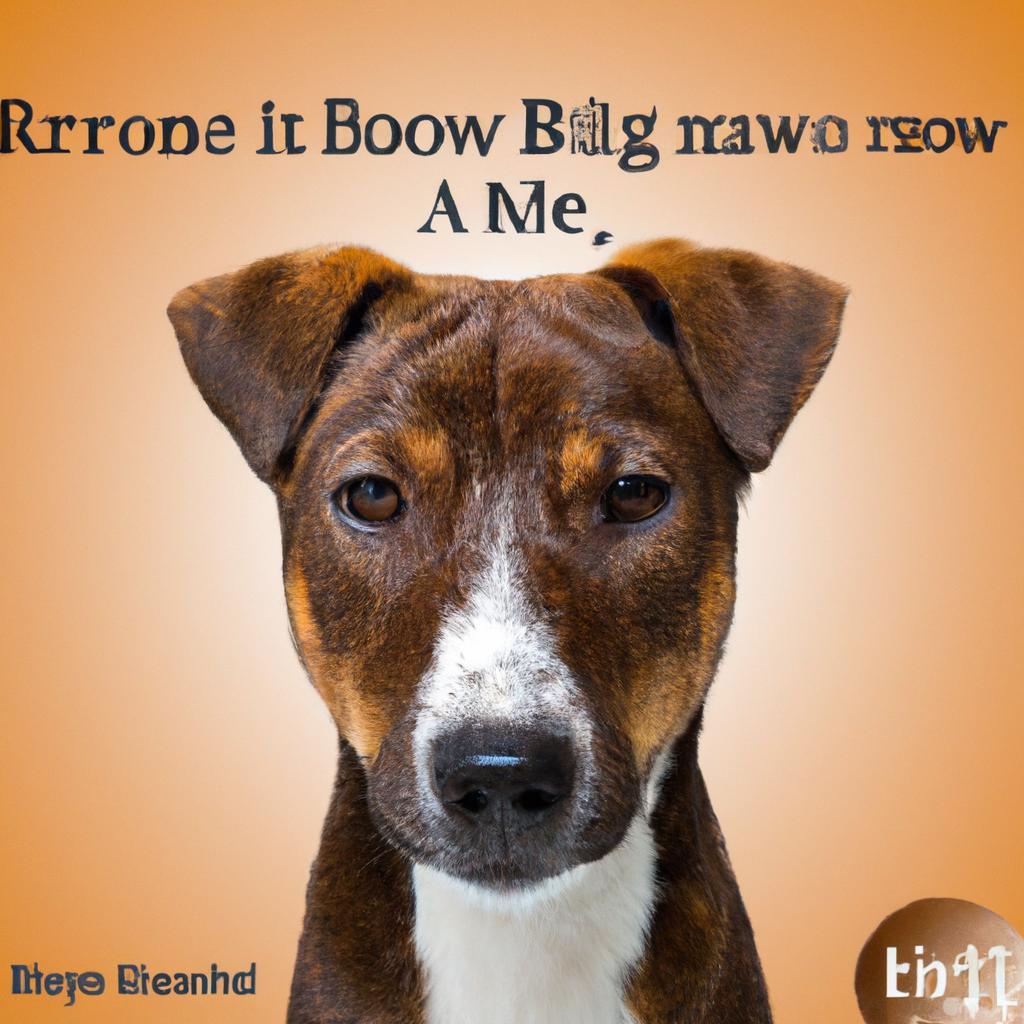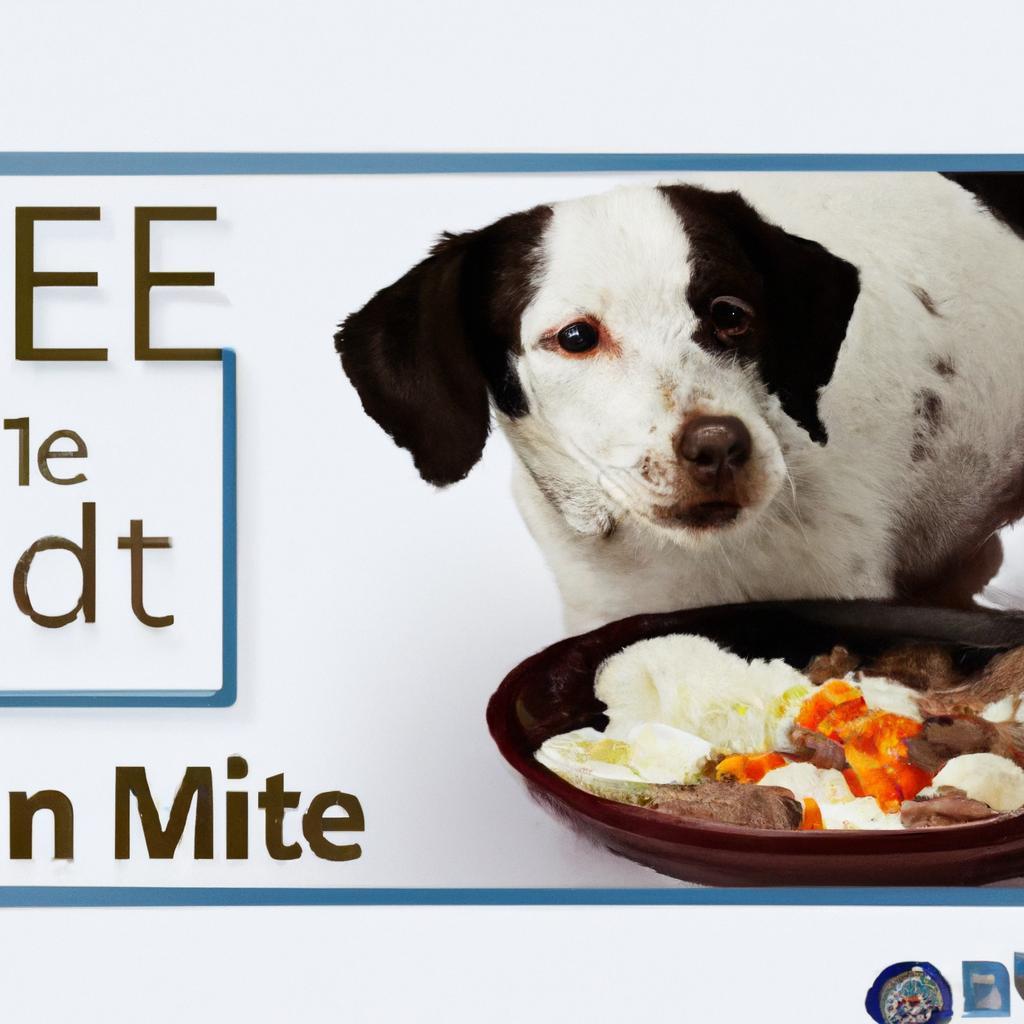Once upon a time in a bustling town, a dog named Max struggled with low energy and dull fur. His owner, Sarah, decided to change his diet. After researching, she discovered that brown rice was the best grain for dogs. Packed with fiber and essential nutrients, it transformed Max’s health. His energy soared, and his coat gleamed. Sarah learned that not all grains are created equal; brown rice supports digestion and overall vitality. Choose wisely for your furry friend—because a healthy dog is a happy dog!
Contents
- Understanding the Nutritional Needs of Dogs for Optimal Grain Selection
- Evaluating Common Grains: Benefits and Drawbacks for Canine Health
- Top Recommended Grains for Dogs: A Comprehensive Guide
- Making the Right Choice: How to Incorporate Grains into Your Dogs Diet
- Q&A
Understanding the Nutritional Needs of Dogs for Optimal Grain Selection
When selecting grains for your canine companion, it’s essential to consider their unique nutritional requirements. Dogs are omnivores, which means they thrive on a balanced diet that includes proteins, fats, and carbohydrates. Grains can serve as a valuable source of carbohydrates, providing energy and essential nutrients. However, not all grains are created equal, and understanding the specific needs of your dog can help you make informed choices.
**Whole grains** such as brown rice, oats, and barley are often recommended due to their high fiber content and nutritional benefits. These grains are rich in vitamins and minerals, including B vitamins, iron, and magnesium, which contribute to overall health. Additionally, the fiber in whole grains aids in digestion and can help maintain a healthy weight by promoting a feeling of fullness. Choosing whole grains over refined options can significantly enhance your dog’s diet.
Another important aspect to consider is the potential for food allergies or sensitivities. Some dogs may struggle with certain grains, leading to digestive issues or skin problems. In such cases, **gluten-free grains** like quinoa or millet can be excellent alternatives. These options provide similar nutritional benefits without the risk of triggering allergic reactions. Always monitor your dog’s response to new grains and consult with a veterinarian if you suspect any dietary issues.
it’s crucial to balance grain intake with protein sources. Dogs require a diet that is rich in high-quality proteins to support muscle development and overall health. When selecting a grain, consider how it complements the protein content of your dog’s food. A well-rounded diet that includes both grains and proteins will ensure that your dog receives all the essential nutrients needed for optimal health and vitality. By making informed choices about grain selection, you can contribute to your dog’s long-term well-being.
Evaluating Common Grains: Benefits and Drawbacks for Canine Health
When considering the inclusion of grains in your dog’s diet, it’s essential to evaluate the benefits and drawbacks of the most common options. **Brown rice** is often praised for its digestibility and high fiber content, which can aid in maintaining a healthy digestive system. Additionally, it provides essential nutrients such as B vitamins and magnesium. However, some dogs may experience allergies or sensitivities to rice, leading to gastrointestinal issues.
Another popular grain is **oats**, known for their rich source of soluble fiber and antioxidants. Oats can help regulate blood sugar levels and promote heart health, making them a beneficial addition for dogs with certain health concerns. On the downside, oats may not be suitable for all dogs, particularly those with gluten sensitivities, as cross-contamination can occur during processing.
Lastly, **quinoa** has gained popularity as a grain alternative due to its high protein content and essential amino acids. It is gluten-free and packed with nutrients, making it a great option for dogs with dietary restrictions. Nevertheless, quinoa can be high in saponins, which may cause gastrointestinal upset in some dogs if not properly rinsed before cooking. Understanding these nuances is crucial for making informed decisions about your dog’s diet.
Top Recommended Grains for Dogs: A Comprehensive Guide
When it comes to selecting the best grains for your canine companion, it’s essential to consider not only their nutritional needs but also their individual preferences and sensitivities. **Brown rice** is a popular choice among dog owners due to its high fiber content and digestibility. This whole grain is packed with essential vitamins and minerals, making it an excellent source of energy for active dogs. Additionally, brown rice is less processed than white rice, retaining more nutrients that contribute to overall health.
Another grain that stands out is **quinoa**, often hailed as a superfood for both humans and dogs alike. This gluten-free grain is rich in protein, containing all nine essential amino acids, which is particularly beneficial for dogs that require a high-protein diet. Quinoa also boasts a low glycemic index, making it a suitable option for dogs with diabetes or those prone to obesity. Its unique texture and nutty flavor can be a delightful addition to your dog’s meals.
**Oats** are another fantastic grain that can provide numerous health benefits for dogs. High in soluble fiber, oats can help regulate blood sugar levels and promote healthy digestion. They are also a great source of vitamins B and E, which support skin health and overall vitality. Oats can be easily incorporated into homemade dog food or served as a tasty treat, making them a versatile option for pet parents looking to enhance their dog’s diet.
Lastly, consider **barley**, a grain that is often overlooked but offers a wealth of benefits. Barley is rich in fiber, which aids in digestion and helps maintain a healthy weight. It also contains antioxidants that can support your dog’s immune system. With its chewy texture and nutty flavor, barley can be a satisfying addition to your dog’s meals, ensuring they receive the nutrients they need while enjoying their food.
Making the Right Choice: How to Incorporate Grains into Your Dogs Diet
When considering the best grains for your dog’s diet, it’s essential to focus on those that provide optimal nutrition and health benefits. **Brown rice** is a popular choice, known for its digestibility and rich fiber content. This whole grain can help maintain a healthy digestive system and provide a steady source of energy. Additionally, it contains essential vitamins and minerals, making it a well-rounded option for your furry friend.
Another excellent grain to incorporate is **quinoa**. Often hailed as a superfood, quinoa is packed with protein, amino acids, and antioxidants. Its unique nutritional profile makes it a fantastic alternative for dogs with grain sensitivities. Moreover, quinoa is gluten-free, which can be beneficial for dogs that may struggle with traditional grains. By adding quinoa to your dog’s meals, you can enhance their overall health and vitality.
**Oats** are another grain that can be beneficial for dogs. They are rich in soluble fiber, which can help regulate blood sugar levels and promote a healthy weight. Oats also contain vitamins B and E, as well as minerals like iron and zinc. When cooked and served in moderation, oats can be a delightful addition to your dog’s diet, providing both taste and nutrition.
Lastly, consider incorporating **barley** into your dog’s meals. This grain is high in fiber and can aid in digestion while also promoting heart health. Barley is known for its low glycemic index, making it a suitable option for dogs that need to manage their weight or blood sugar levels. By diversifying the grains in your dog’s diet, you can ensure they receive a balanced and nutritious meal that supports their overall well-being.
Q&A
-
What type of grain is best for dogs?
Brown rice is often considered one of the best grains for dogs due to its high fiber content and digestibility. It provides essential nutrients and energy while being gentle on the stomach.
-
Are grains necessary in a dog’s diet?
While dogs are primarily carnivorous, grains can be a beneficial part of their diet. They provide carbohydrates for energy, fiber for digestion, and essential vitamins and minerals. However, it’s crucial to choose high-quality grains.
-
Can dogs be allergic to grains?
Yes, some dogs can develop allergies or sensitivities to certain grains, such as wheat or corn. If you notice symptoms like itching, digestive issues, or skin problems, consult your veterinarian to determine the best diet for your dog.
-
Should I choose grain-free dog food?
Grain-free dog food can be suitable for dogs with specific allergies or sensitivities. However, it’s essential to ensure that the food still provides a balanced diet with adequate nutrients. Always consult your veterinarian before making significant changes to your dog’s diet.
choosing the right grain for your dog is essential for their health and well-being. Prioritize high-quality, digestible grains like brown rice or oats to support their energy levels and overall vitality. Invest in your dog’s nutrition today for a happier, healthier tomorrow.

大家好,我是彼得潘,專業的手法身體治療師。我喜歡探索和研究各種主題,並透過與人工智慧的合作分享專業、實用、有趣的文章。我們定期進行人工審核,以確保內容的準確性。如果您發現文章中有任何不準確的地方,請隨時與我們聯繫,我們會及時糾正。您可以透過 [email protected] 與我們聯繫。



